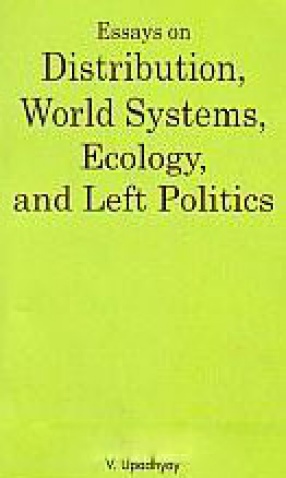
Daanish Books

26 books
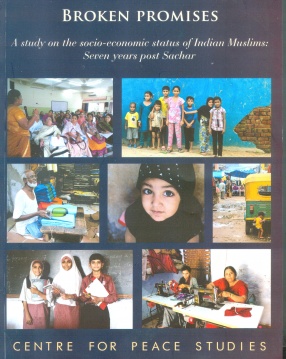
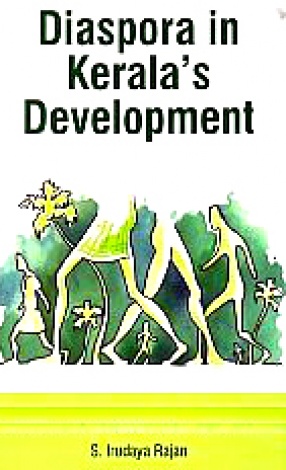
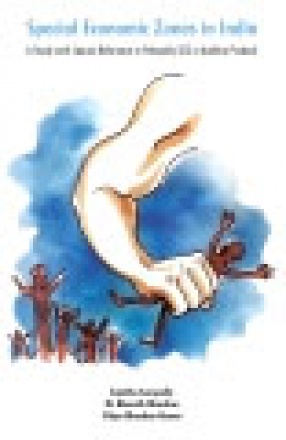
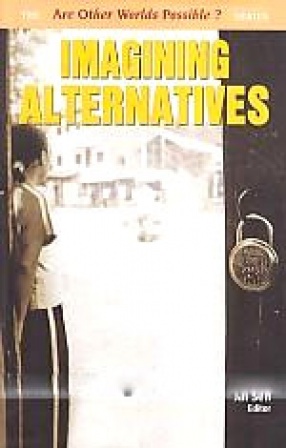
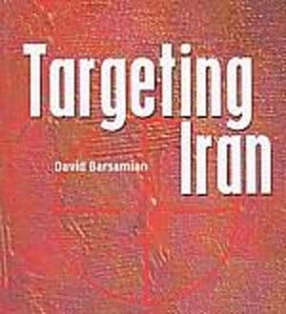
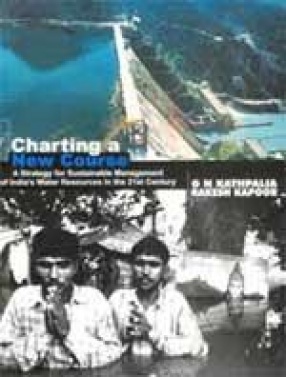


This report is based on findings from a detailed interview schedule administered to 8,082 respondents from the Muslim community and 420 respondents from other socio-religious communities across 15 states in India. The aim of this study was to assess what difference, if any, has taken place in the socio-economic conditions of Muslims following the PM's New 15-Point Programme and the recommendations of the Sachar Committee report. Our findings suggest that Muslims ...
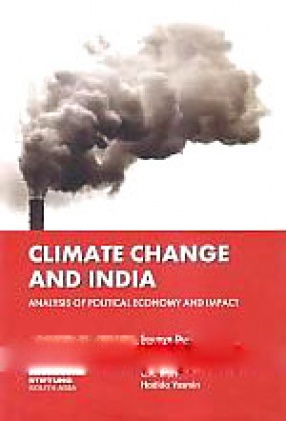

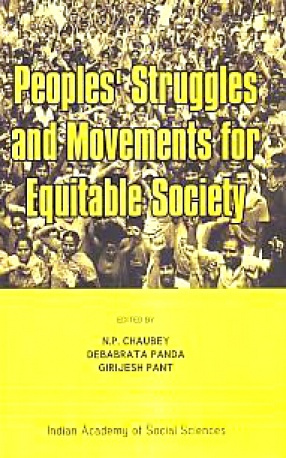
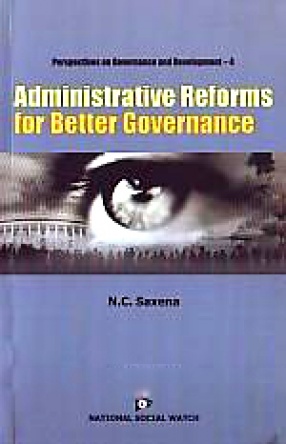
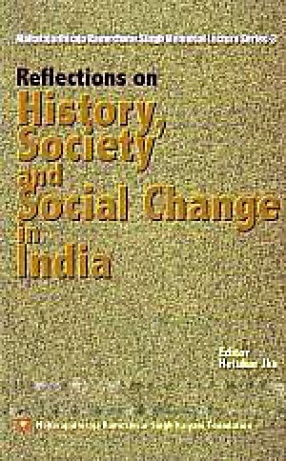
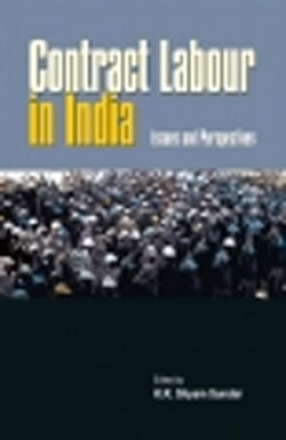
After the economic reforms, employers in India, foreign investors, global financial agencies and the global rating agencies have been clamouring for reforming the governance of the labour market and the industrial relations system. They argue that the laws and regulations introduce ‘rigidities’ in the labour market and disenable the employers from responding quickly and suitably to the dynamic competitive economic system in the globalized economic ...

The Special Economic Zones SEZs have been aptly described as no-tax, no-regulation zones and hence virtually they are like islands of foreign territory on the Indian soil itself.
Here is a book on the SEZs, with a special focus on the Polepally SEZ in Andhra Pradesh. It presents a gripping saga of resistance by the local people against forcible acquisition of their lands in Polepally and other nearby villages in Mahabubnagar district of Andhra Pradesh; a very ...

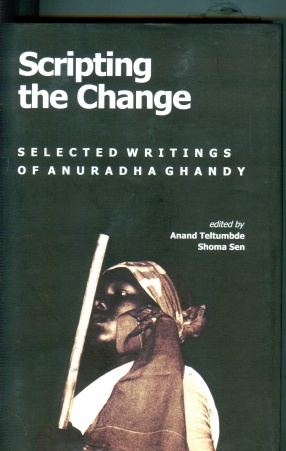
In this great democracy of ours, Anuradha Gandhy was what is known as a ‘Maoist terrorist,’ liable to be arrested, or, more likely, shot in a fake ‘encounter’ like hundreds of her colleagues have been … Reading through … you catch glimpses of a mind of someone who could have been a serious scholar or academic who was overtaken by her conscience and found it impossible to sit back and merely theorize about the terrible ...
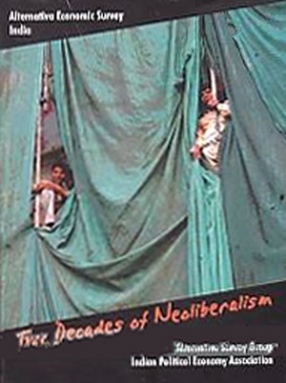

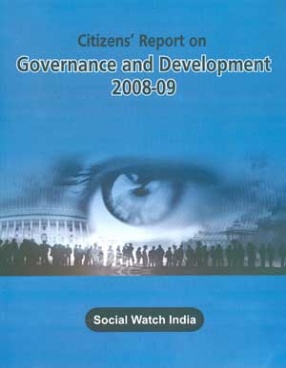
The ultimate test of effective governance as the nation goes into 15th general elections, is the fulfillment of its commitments to the citizens ensuring delivery of public services right up to the excluded and the marginalized sections of society. Institutions and their functionaries are the vehicles which carry the governance agenda forward. They represent the connecting links between the state and the citizens in terms of programmes of development. Therefore ...
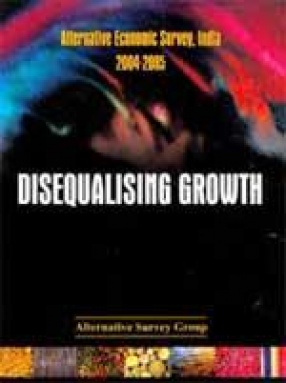
The process of liberalization that started in the early 1990s has continued unabated for the last decade and a half notwithstanding the fact that political power at the center has changed many hands. It has now become difficult to run away from the harsh reality of the negative outcome of this liberalization-privatisation-globalisation (LPG) process. An economic growth that contributes so liberally to the bonanza reaped by a few individuals cannot by its very ...
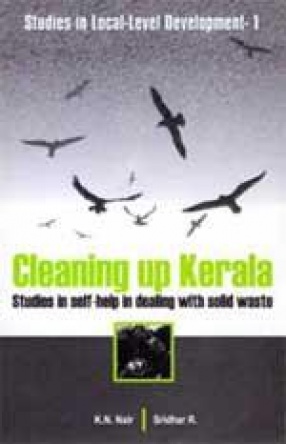
Waste happens. But dealing with waste poses a great challenge to the governments as well as the people. The obvious way of dumping, burying, or burning do not work any more. Such disposal centric solutions end up destroying resources and spoiling the environment. Kerala has been at the forefront of research in this area and a number of studies have been carried out in the major towns of Kerala in recent years and details the paradigm shift in waste management. ...
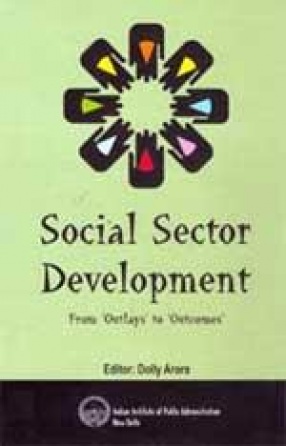
Social sector development is a complex and challenging issue, which necessitates an active discourse at multiple levels aimed at the fundamental definitional questions on the one hand and the choice of institutions, strategies and mechanisms towards the realization of accepted objectives on the other. Given the intensity of prevailing conflicts of interest and power structure, which define the very framework of action and inaction in society and polity, this is ...
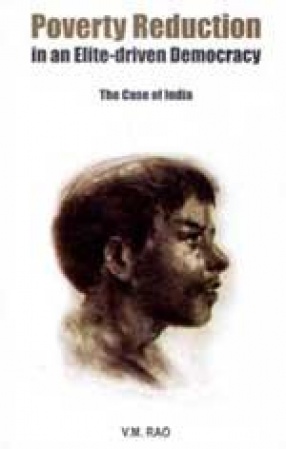
This book brings out the constraints in the anti-poverty policies in India that result from the elite-driven feature of its democracy. Using a three- phase conceptual framework, the author argues that India has still not moved beyond modest achievements in alleviating hardcore poverty. In the first Part the book discusses how Human Development Indices remain very low and empowerment of the poor has not been institutionalized even at the lowest level of village ...

Marta Harneckeer’s interviews with Hugo Chavez began soon after one of the most dramatic moments of the most dramatic moments of Chavez’s presidency-the failed coup of April 2002, which ended with Chavez restored to power by a massiv movement of protest and resistance. In the aftermath of the failed coup, Chavez talks to Harnecker about the formation of his political ideas, his aspirations fro Venezuela, its domestic and international politics, problems of ...
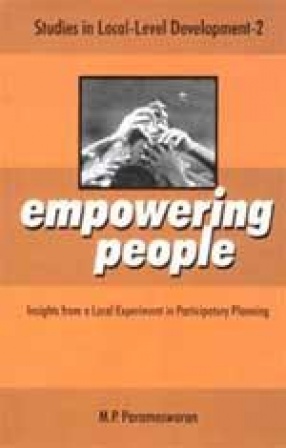
The 73rd and 74th Amendments of the Constitution of India opened up new opportunities for devolution of powers to Panchayati Raj Institutions. Kerala attempted a novel programme of the ‘Peoples Plan Campaign’ in 1996. a few months prior to this, the integrated Rural Technology Centre,a research wing of the Kerala Sastra Sahitya Parishad initiated an Action Research Programme in five panchayats to evolve a set of models of participatory planning for ...

The debate in India on water resources is unfortunately characterized by extreme positions taken by the so-called ‘pro-environment’ groups and NGs on the one hand and the ‘pro-development’ engineers, contractors and government officials on the other. This pamphlet goes beyond these extreme positions and puts forward a strategy for integrated water resources management (IWRM) with suggestions for the key organizational and managerial changes required at ...

At a time when global civilization stands at the crossroads comes a book that helps to understand the emerging challenges, from global warming and other environmental issues, global poverty, free trade, foreign debt burdens, and the expanding global economy, to the worsening conditions in many nations. It is not just about globalization. The book takes a look at the causes of the crises that have developed over centuries, and describes how, even as the miracles ...
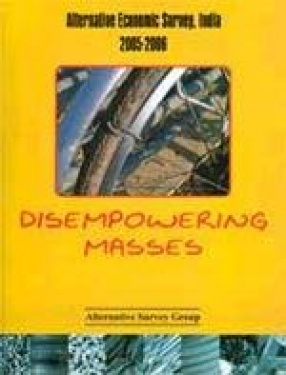
All the disturbing features of our socio-economic situation seen over the last 15 years and highlighted in earlier editions of Alternative Economic Survey are now reaching even more alarming proportions. The tendency to cover up the harsh reality and present a misleading picture by deploying newer terminology and selectively chosen and often fudged data in addition to the age-old use of hyperboles are being continued with added force. As in the past, this ...
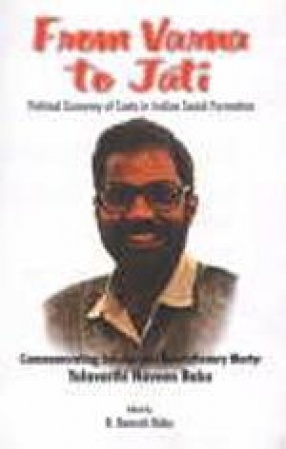
This commemorative volume is based on Yalavarthi Naveen Babu's M.Phil dissertation in sociology from Jawaharlal Nehru University, New Delhi. Using the more dynamic conception of jati as opposed to a static western understanding of 'caste,' Naveen Babu traces its history in the social, cultural and economic aspects of the information of 'Varna into Jati' from the Rg-Vedic period to the end of 20 century. He demonstrates how these changes were grounded into the ...
